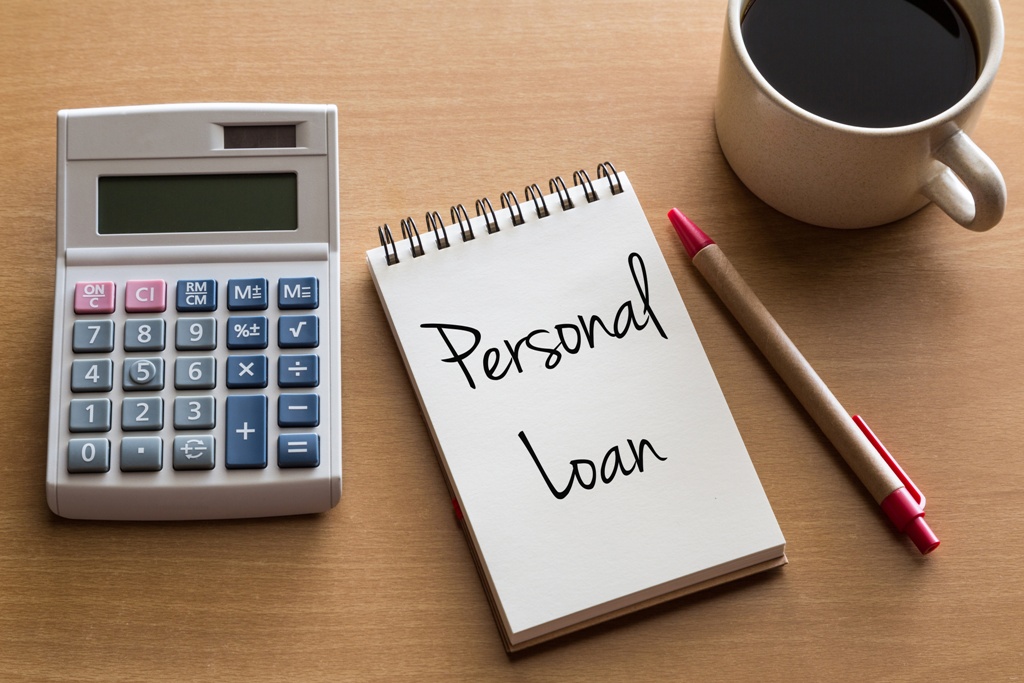When one thinks of debt, one usually immediately jumps at the idea that they’re all terrible. After all, when you owe another entity or organisation a considerable lump sum of money, how else would you describe it?
Contrary to popular belief, not all debts are entirely bad. In fact, debt is primarily categorised into two types: good debt and bad debt. Knowing how to differentiate between the two will help you better choose the type of loan that can help you alleviate your financial distress.
Good Debt
As a general rule of thumb, good debt is best understood with the adage, “it takes money to make money.” If the additional financial assistance helps you to accrue even more money and increase your overall net worth, then the loan you’re applying for can be considered a form of good debt.
Here are a few things that may be worth going into debt for:
1. University Education
Generally, the higher the education level, the higher one’s earning potential will be. Better-educated workers are more likely to be employed in better-paying jobs, especially if they’ve decided to work in a related field.
An investment in a university degree is most likely to pay for itself within the first few years of entering the workforce. That said, to further maximise the value of taking on debt for education, you’ll want to pursue a degree with an excellent career path or income, lest the good debt develops into a bad one quickly.
2. Small Business Ownership
One of the most straightforward ways to generate more income is simply starting a small business of your own. Not only will you bypass the need for a third party to give you your monthly income, but you’d also be able to decide how best to develop and grow your enterprise.
Similar to obtaining higher education, operating a small business also comes with its risks. As with any other business, there is a possibility of it failing. As such, you’ll want to make sure that you have safety nets in place and surround yourself with people who can give you help whenever you need it.
3. Property
In Singapore, property prices are relatively high and most people cannot afford to pay for a home outright. A home loan allows us to purchase a property and pay for it over a longer period, usually 20-30 years.
Here are a couple of reasons why a home loan can be considered a good debt:
Homeownership
Owning a home is a valuable asset that provides a sense of stability and security. It is also a long-term investment that has the likelihood of appreciating over time.
Rental Income
You can also use your property as rental property, generating passive income that can help to pay off the home loan faster.
However, taking on a home loan also comes with risks, such as interest rate fluctuations. Consider these risks and weigh them against the potential benefits before taking on a home loan, especially if it’s an investment property you’re looking at.
Bad Debt
Bad debt is simply the antithesis of what good debt entails. When you’re applying for loans to help you pay for depreciating assets, you may be losing money instead of generating more income. Some of such notable items include:
1. Cars
Many often think that purchasing a private vehicle is regarded as an investment. This is partially true and false.
In the case of Singapore, wherein public transport is not only efficient but also cost-effective, investing in a private vehicle may not be a smart purchase after all. Especially with the exorbitant price tag and its yearly maintenance costs, you may lose money instead.
A car will only be an investment if you can genuinely afford it, or if you use it to generate income, such as being a private-hire driver. However, if you require extra funds at the start to get a vehicle, you can consider a Gojek or Grab loan.
2. Credit Cards
Whilst commonplace, credit cards are one of the biggest reasons why many accrue debt that seems to be never-ending.
Credit card debt can be considered bad debt because it is usually used to finance purchases that are not essential and do not increase in value. Additionally, credit card interest rates are often high, making it difficult to pay off the debt quickly.
3. Personal Loans
Personal loans are a type of unsecured loan that can be used for a variety of purposes, from financing your dream wedding to paying for home renovations. However, when personal loans are used to pay for non-essential such as luxury items or vacations, they can quickly become bad debt.
Unlike good debt such as a home loan, personal loans are used to purchase items that do not appreciate over time. You may end up paying back the loan without having anything of value in return. Personal loans can also lead to overspending and accumulating unnecessary debt, if they’re not managed properly.
Personal loans should be used with caution and only for essential needs, such as medical emergencies. In the case of medical emergencies, you’d want to look at getting a medical loan.
Neither Here Nor There
Of course, classifying debts into these two categories is not as straightforward as many seem to think.
Several other factors help determine which camp a particular debt resides in: your current living situation and financial health, amongst many other things.
For instance, those who have accrued an enormous amount of debt can search for a debt consolidation company in Singapore to help consolidate and pay off the debt with a loan at a lower interest rate.
Debt isn’t always bad, but it’s not always good either
Making smart decisions about debt can be a key factor in increasing your earning potential. By avoiding bad debt and using good debt wisely, you can create opportunities for yourself to earn more.
Take a strategic approach to managing your finances and consider the potential returns on any debt you take on. With a little discipline and planning, you can set yourself up for a brighter financial future.
Don’t let financial worries hold you back
GoldStar Credit, a licensed money lender with branches in Hougang and Toa Payoh, provides expert guidance and support to help you take control of your finances. Contact us to learn more about our personalised loan services.





